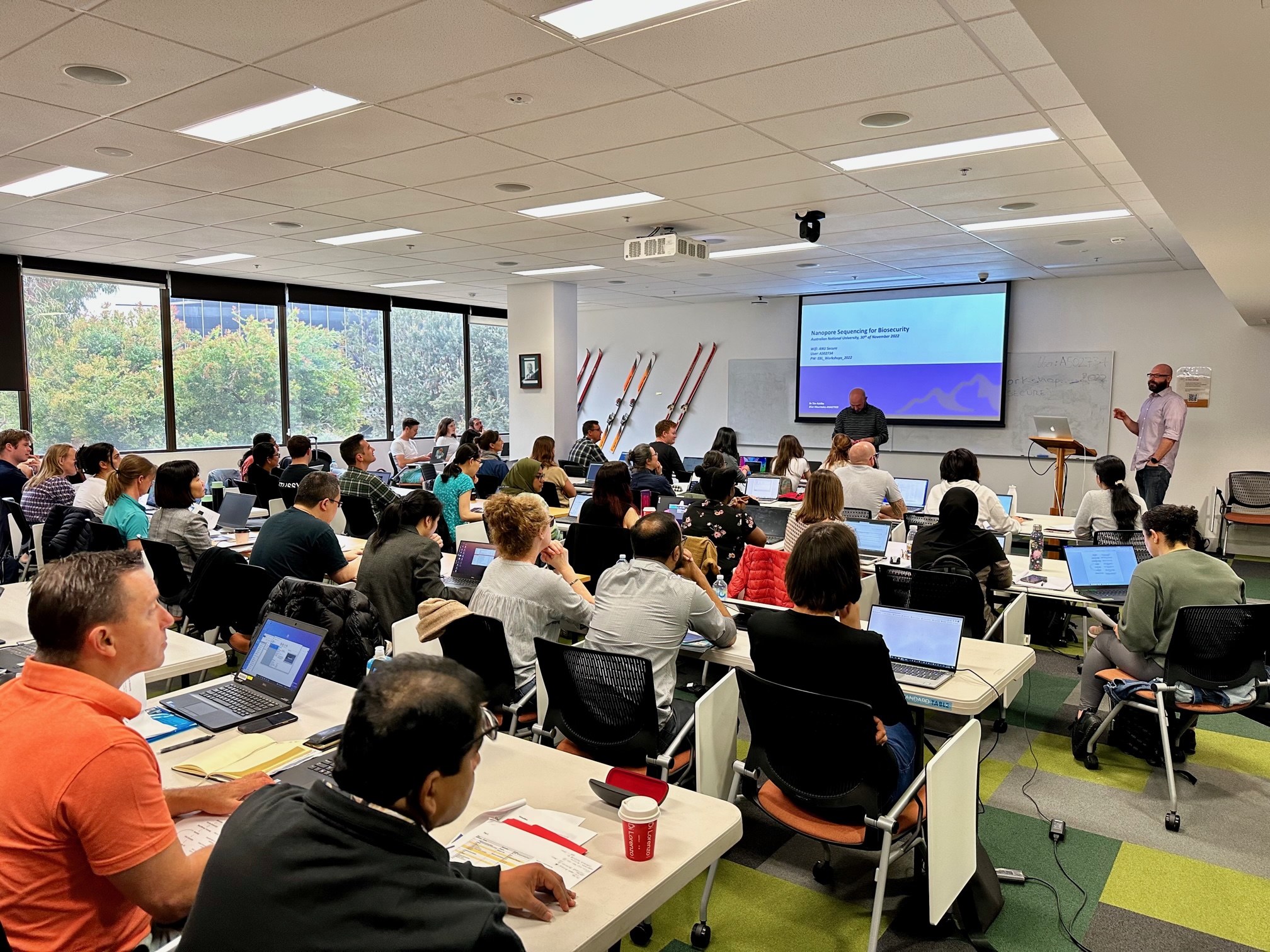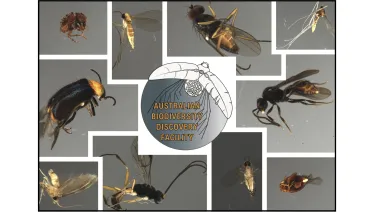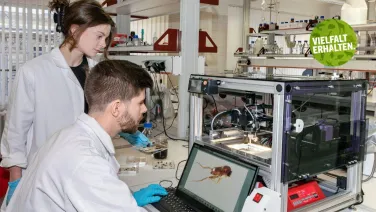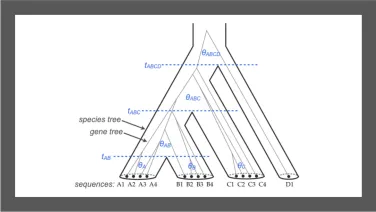
CBA Workshops
Body
CBA technical workshops typically focus on advanced analytical and technical methods, with the primary developers of the methods presenting, across three main areas:
- population- and phylo-genomics,
- macro evolution and ecology, and
- biodiversity informatics.
The Ecogenomics and Bioinformatics Lab (EBL) offers an annual wet lab “Introduction to molecular lab fundamentals” to coincide with new honours and PhD cohorts and also welcomes requests for bespoke experimental and/or training requirements throughout the year.
The CBA also facilitates and supports other activities such as working groups, round table discussions and symposiums that support research development and collaboration across our partner institutions and knowledge exchange amongst scientists, managers and policy makers.
We strongly encourage direct input from post docs and PhD students regarding the types of dry and wet lab training they need for their specific research requirements and interests.
We also support national and international visiting scientists who present a workshop during their time in Canberra.
More information
- Dry lab technical workshops: Claire Stephens
- Wet lab molecular workshops: Niccy Aitken
- Knowledge exchange workshops: Jess Ward-Jones
- CBA ECR Training support funding
- CBA Visiting scientist support funding
















